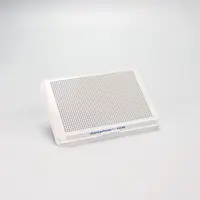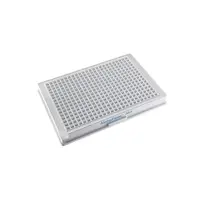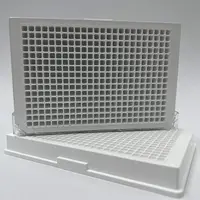
AlphaLISA Human CD86 Detection Kit, 5,000 Assay Points
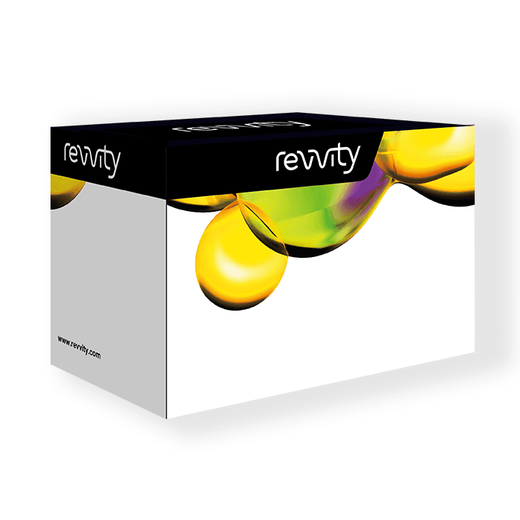
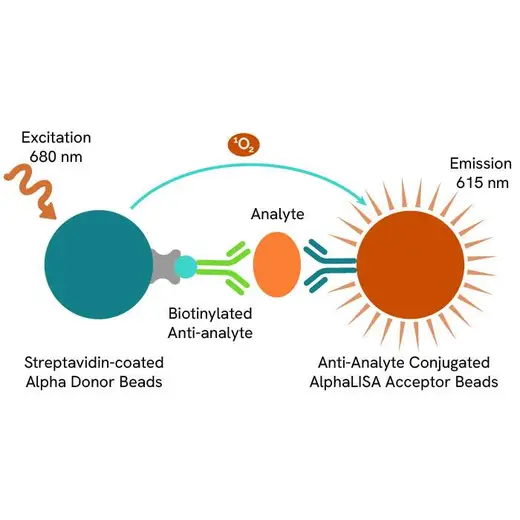
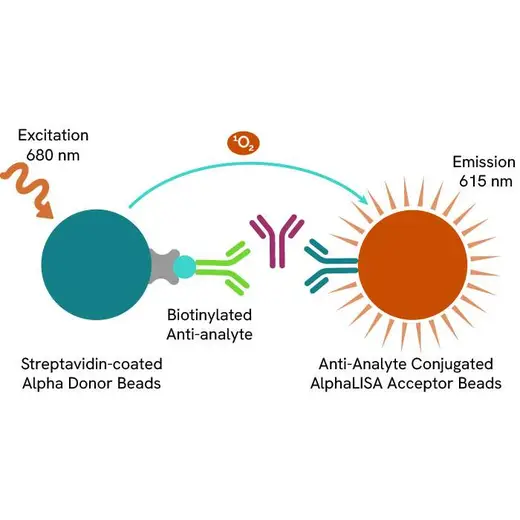











The AlphaLISA® immunoassay kit for human CD86 enables the quantitative determination of human CD86 in buffered solution and cell culture supernatants using a homogeneous AlphaLISA assay (no wash steps).
For research use only. Not for use in diagnostic procedures. All products to be used in accordance with applicable laws and regulations including without limitation, consumption & disposal requirements under European REACH regulations (EC 1907/2006).
Product information
Overview
Formats:
- Our 100 assay point kit allows you to run 100 wells in 96-well format, using a 100 µL reaction volume (10 µL of sample).
- Our 500 assay point kit allows you to run 500 wells in 96-well or 384-well format, using a 50 µL reaction volume (5 µL of sample).
- Our 5,000 assay point kit allows you to run 5,000 wells in 96-well or 384-well format, using a 50 µL reaction volume (5 µL of sample).
Features:
- No-wash steps, no separation steps
- ELISA alternative technology
- Sensitive detection
- Broad sample compatibility
- Small sample volume
- Results in less than 3 hours
- Half the time of an ELISA assay
AlphaLISA technology allows the detection of molecules of interest in buffer, cell culture media, serum and plasma in a highly sensitive, quantitative, reproducible and user-friendly mode. In an AlphaLISA assay, a Biotinylated Anti-Analyte Antibody binds to the Streptavidin-coated Alpha Donor beads, while another Anti-Analyte Antibody is conjugated to AlphaLISA Acceptor beads. In the presence of the analyte, the beads come into close proximity. The excitation of the Donor beads provokes the release of singlet oxygen molecules that triggers a cascade of energy transfer in the Acceptor beads, resulting in a sharp peak of light emission at 615 nm.
Cluster of Differentiation 86 (also known as CD86 and B7-2) is a protein expressed on antigen-presenting cells (APC) that provides costimulatory signals necessary for T cell activation and survival. It is the ligand for two proteins at the cell surface of T cells, CD28 and CTLA4 (cytotoxic T-lymphocyte-associated protein 4). Binding of this protein with CD28 is a costimulatory signal for activation of the T-cell. CD86 works in tandem with CD80 to prime T cells. Recent studies have revealed that CD86 promotes the generation of a mature APC repertoire and promotes APC function and survival. Furthermore, the CD86 proteins are also involved in innate immune responses by activating NF-κB-signaling pathway in macrophages. CD86 thus is regarded as a promising candidate for immune therapy.
Specifications
| Application |
Protein Analysis & Detection
|
|---|---|
| Assay Points |
5000
|
| Assay Target Class |
Protein
|
| Automation Compatible |
Yes
|
| Brand |
AlphaLISA
|
| Detection Method |
Alpha
|
| Format |
Microplates
|
| Therapeutic Area |
Immuno-oncology
|
| Unit Size |
5,000 Assay Points
|
Image gallery












Video gallery


Resources
This study uses AlphaLISA kits to analyze the various parameters involved in the detection and quantification of membrane-based...
Advance your autoimmune disease research and benefit from Revvity broad offering of reagent technologies

SDS, COAs, Manuals and more
Are you looking for technical documents for this product. We have housed them in a dedicated section., click on the links below to explore.


How can we help you?
We are here to answer your questions.































